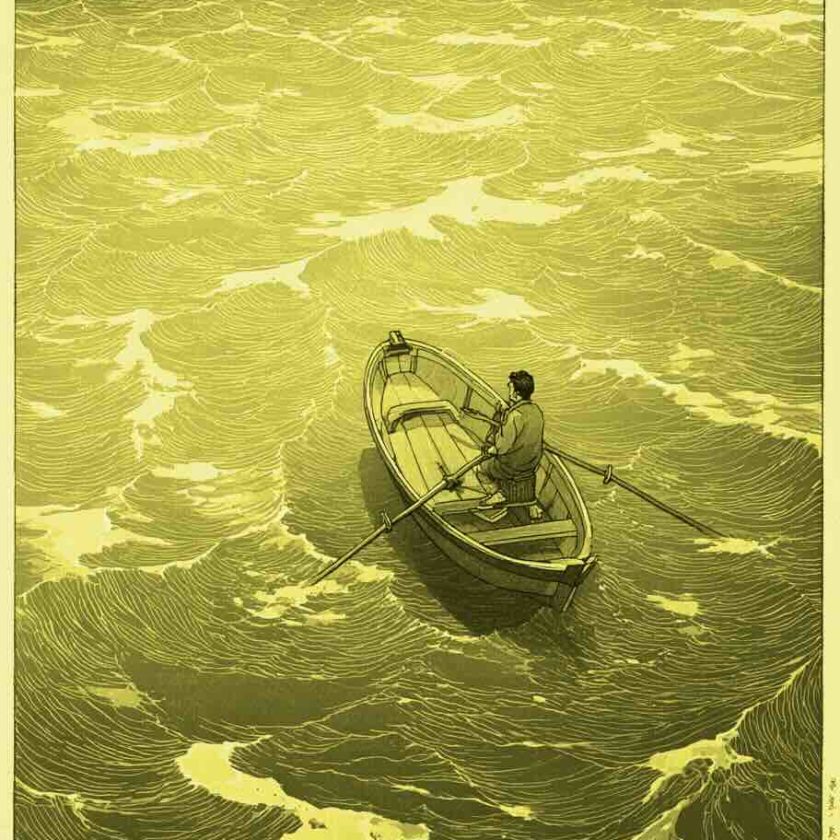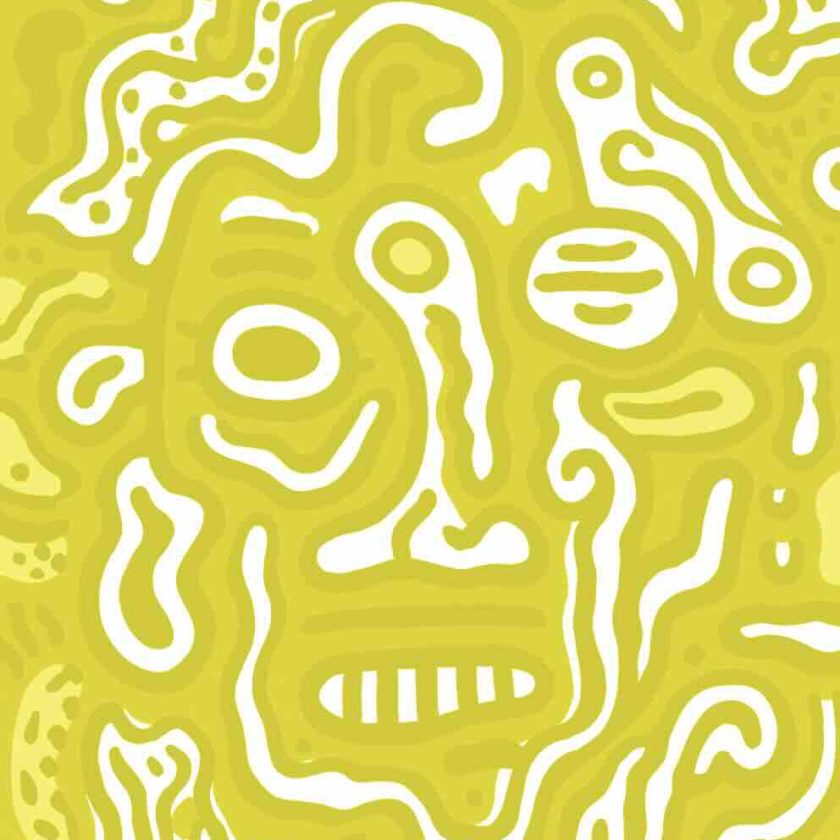We are a civilization of information, data and knowledge, but what about wisdom? Wisdom is knowledge to which reflection and application have been applied.
The Current Context Allows For Less Wisdom
When we spend our day in front of a screen, we have less opportunity to apply what we learn to the real world. On the other hand, our attention is constantly captured by these same platforms, making reflection impossible. For reflection to be possible, we need silence, calm – in a word, solitude.
Knowledge Is Common, But Wisdom Is Rare
Wisdom is rare because we don’t seek it out. In the mass cultural sphere, we value the stars of the web, the stars of song and the stars of sport. When it comes to business, we value entrepreneurs, technicians and engineers, those who know how to do things with numbers but don’t care about words. Those who also know how to present themselves as self-made men.
Numbers Replace Letters
We live more in a society of numbers than of letters. In the end, everything is reduced to a combination of numbers, starting with the computer world, which translates into 0’s and 1’s. Software is a combination of numbers that opens a kind of safe. Letters are a thing of the past, people read fewer books and no longer write by hand. What counts is not what poetry moves our hearts, but how much more money we can make with this or that trick, right?
Quality Is Often The Daughter Of Quality, But What About Wisdom?
We could say that wisdom is the fruit of a progressive decantation of knowledge, itself the product of the decantation of knowledge, itself the product of the decantation of information, itself the product of the decantation of data. The more data there is, the more wisdom there will be in the end, through successive decantation. Of course, this will happen, but it’s a long-term process that will go through several stages.
The Ages Of The Material Era
In the past, man has passed through several ages in which one material prevailed over another. In the Stone Age (the Paleolithic), stone was king and formed the basis of tools. In the Copper Age (Chalcolithic), humans used copper as the metal of choice for their crafts (to which the art of war belongs). The Bronze Age, when proto-writing first appeared, was followed by the Iron Age. Much later, in the Industrial Age (the Carbon Age), came the Coal Age (the Lower Carbolitic), followed by the Upper Carbolitic with oil and natural gas. Today, fossil resources are running out, which is one of the reasons why we’re looking to the Neotic Age.
The Three Ages Of The Immaterial Era
The Lower Noetic is the age of data and information. This is the era we initiated just over a decade ago. It’s the era that values all those who exploit data to give it meaning (computer engineers, data analysts, etc.). It’s not clear how long this era will last, but it’s a safe bet that it will last well into the 21st century.
The Middle Noetic is the age of knowledge and understanding. This period will see people with more holistic thinking at the top of the hierarchy. In a way, we can already see the beginnings of this period today, with the dissemination of content on the Internet by people with a more global, non-data-centric approach.
The higher Noetic will be the age of wisdom.
This age will see men enlightened by transcendental research dominate debates and find mass recognition among the majority of the public.










